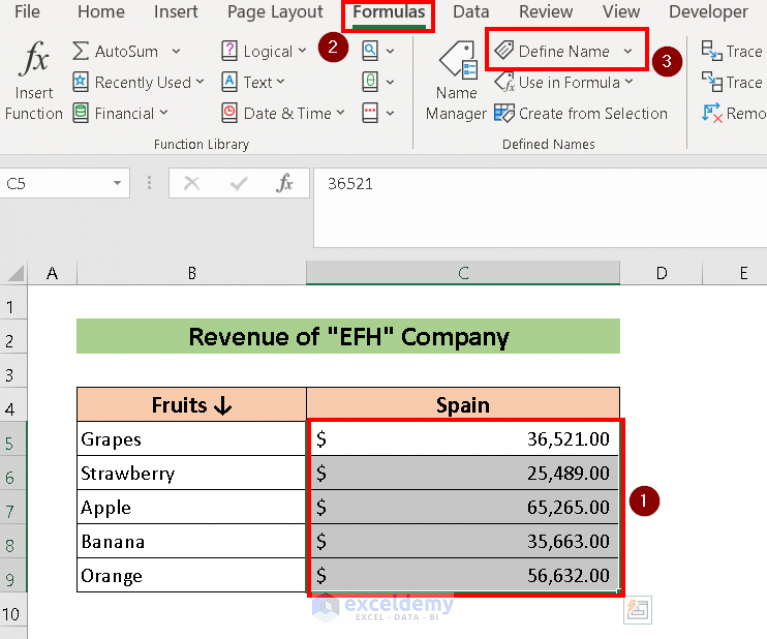5 Simple Ways to Link Sheets in Excel

When it comes to managing large datasets or reports in Microsoft Excel, one of the most useful features is the ability to link spreadsheets together. Whether you're compiling data from multiple sources or creating dashboards that update dynamically, linking sheets can streamline your workflow significantly. Here are five simple ways to link sheets in Excel:
1. Using Cell References

The most straightforward method to link sheets involves using cell references. This is particularly useful when you want data from one sheet to automatically update in another.
- Enter into the cell where you want the linked data to appear.
- Type the equal sign (=) to start a formula.
- Click on the sheet tab that contains the data you want to link, then select the cell or range of cells.
- Press Enter. Now, whenever the data in the original cell changes, the linked cell will also update.
Example: To link a value from Sheet1, cell A1 to Sheet2:
='Sheet1'!A1
2. Using the 3-D References for a Group of Worksheets

If you need to perform calculations or create summaries across multiple sheets, 3-D references are your best bet:
- Click the cell where the summary result will be.
- Enter your formula, but instead of selecting one sheet, click and drag across the sheet tabs you want to include.
- Finish your formula with an operation, like =SUM(), and include the range.
=SUM(Sheet1:Sheet3!A1) - The formula will sum the value in cell A1 across Sheet1 to Sheet3.
💡 Note: When renaming sheets, ensure the sheet names in formulas update accordingly to avoid errors.
3. Using Hyperlinks to Navigate Sheets

Hyperlinks can be used not only for external references but also to link within your workbook:
- Select the cell where you want to add the hyperlink.
- Go to the Insert tab, then click 'Hyperlink'.
- From the dialog box, select 'Place in This Document'. Choose the sheet you want to link to.
- Add a screen tip if needed for better user interaction.
| Step | Description |
|---|---|
| 1 | Select Cell |
| 2 | Insert Hyperlink |
| 3 | Choose Sheet |

4. Using VLOOKUP or INDEX and MATCH to Link Data

To fetch data from another sheet based on a lookup value:
- Use
VLOOKUPfor vertical searches orINDEXcombined withMATCHfor more complex scenarios. - Enter the formula, specifying the lookup value, the range in the linked sheet, and the column number.
=VLOOKUP(A1,Sheet1!A1:C100,2,FALSE)
💡 Note: VLOOKUP's 4th argument determines if the match needs to be exact.
5. Using Named Ranges for More Clarity

Named ranges make your formulas easier to read and maintain:
- Go to Formulas > Define Name, and assign a name to a cell or range.
- When linking to other sheets, use this named range.
=SalesData
Here's how this final take away can help you: Linking sheets in Excel enhances your ability to manage and analyze data efficiently. By using cell references, 3-D references, hyperlinks, lookup functions, and named ranges, you can create dynamic and interlinked workbooks that automatically update, reducing manual data entry errors and saving time. This not only makes your spreadsheets more functional but also scales up for complex data management tasks in business settings or personal projects.
How do I ensure my linked data updates automatically?

+
When you use direct cell references or functions like VLOOKUP, the data will automatically update as changes are made in the source cells. Ensure that the cells containing the formulas do not become volatile, which might occur if you copy or move them improperly.
Can I link data between different Excel workbooks?

+
Yes, you can link data between different Excel workbooks using external references. You would use a formula like =‘[WorkbookName.xlsx]SheetName’!A1 to fetch data from another workbook.
What happens if I rename a linked sheet?

+
If you rename a sheet, Excel will attempt to update all references to that sheet name in existing formulas. However, this can fail if the workbook is open in multiple places or if the rename operation was not done correctly, leading to errors or broken links.
How can I make my Excel links more secure?

+
To secure your links, consider using named ranges which are less prone to breakage when sheets are renamed or moved. Also, using relative paths when linking to other workbooks can prevent issues if the file structure changes.